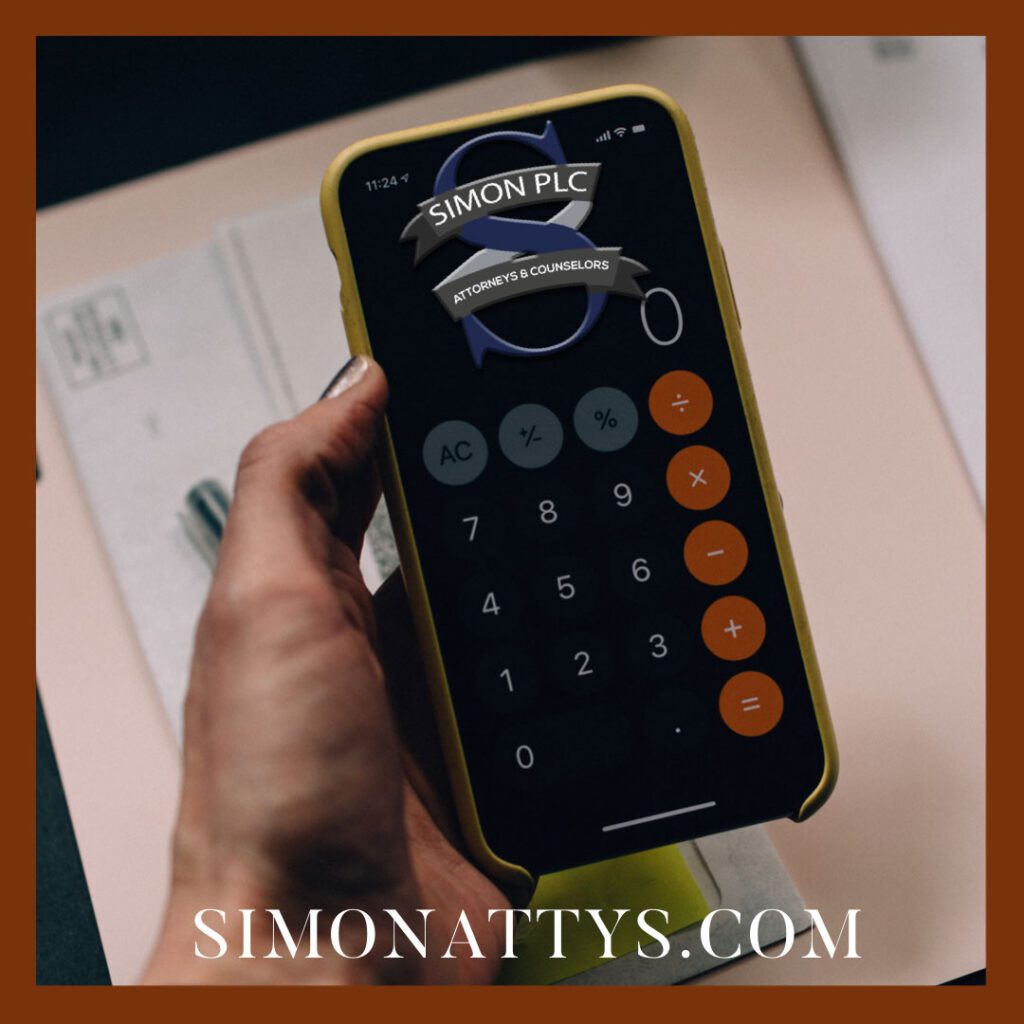Troy, Michigan – A lessee of commercial equipment – copier/scanner, telephone or computer network, industrial equipment and other items not intended for personal or household use – stops making payments to the lessor due to some defect in the equipment and/or the failure or inability of the third-party vendor to service it. The lessee appears to have an array of formidable defenses premised upon various warranties such as fitness of purpose and/or merchantability, failure of consideration, and so on; the lessor is just plain out of luck – or is it? As explained herein, if the agreement at issue constitutes a “Finance Lease” as that term is defined in Article 2A of the Uniform Commercial Code (MCL 440.2801 et seq.) the lessee’s duty to render performance to the lessor is absolute; any failure of the subject equipment or the vendor thereof to perform as expected cannot constitute a defense to the lessee’s obligations vis a vis the lessor.
The Uniform Commercial Code (“UCC”) is a uniform set of laws covering a wide swath of financial transactions and relationships; citations herein are to Michigan statute, however the UCC has been enacted, in substantially identical form, by all 50 states (notably, Louisiana has not adopted Article 2). The term “Finance Lease” is defined in UCC Article 2A, which governs lease transactions, as a lease that “consists of an overall three party transaction which: (1) the lessor does not own, select, manufacture or supply the goods, (2) the lessor does not own the goods before the lease was arranged, and (3) the lessee either approves the purchase contract or receives specified warranty and supplier information before signing the lease agreement.” MCL 440.2803(g). The UCC, in recognition of the inherent economic efficiency in maintaining a dichotomy between the supply of investment capital and the furnishing of goods, places the lessor a position similar to that of a (commercial) secured creditor which remains to enforce the obligations of its financing agreement even after appearance of some defect in the subject equipment.
As noted in Article 2A’s comments, the various sections of Article 2A operate to “substitute the supplier of goods for the lessor as the party responsible for warranties and the like.” (UCC 2A-101 comments) Most significantly, §§2A-407 and 2A-508 (MCL 440.2937 and 440.2958) create a statutory “hell or high water” clause by making the lessee’s obligations (including payment obligations) irrevocable and independent of the lessor’s or supplier’s obligations. In other words, once the lessee accepts property under a Finance Lease, that lessee is obligated by statute to perform under the lease “come hell or high water.” Ian Shrank and Arnold G. Gough, Equipment Leasing-Leveraged Leasing (PLI 4th ed., 1999), Vol.1 §3.5[C].
Due to the limited role that a lessor plays in a Finance Lease and the important role that such transactions play in our economy, Article 2A offers special statutory protection to lessors who lease goods in this manner. As noted in the comments to the UCC, the various sections of Article 2A operate to “substitute the supplier of the goods for the lessor as the party responsible for warranties and the like.” Shrank, supra at §3:1.5[B]; UCC §2A-101, comments. For example, §2A-209 (MCL 440.2859) automatically extends the seller’s warranties (and their exclusions) to the lessee and automatically excludes any implied warranties of fitness or merchantability by the lessor. In addition, §§2A-516, 517 (MCL 440.2966, MCL 440.2967) provide that once the lessee has accepted the property, it has no right to revoke that acceptance.
Moreover, all of the above statutory protections afforded lessors under a Finance Lease can be obtained through contractual provisions even if the lease agreement does not meet all of the statutory requirements. The official comment to the UCC states that “[i]f a transaction does not qualify as a finance lease, the parties may achieve the same result by agreement.” UCC § 2A-103, comment (g). Certainly, something to look for when acquiring commercial paper or to keep in mind when drafting a lease agreement.
Has your lessee stopped making payments because the subject equipment has broken down or is no longer supported by its vendor? Or have you acquired a portfolio of commercial paper that includes non-performing commercial leases with lessees asserting various warranties rather than making payments? At Simon PLC Attorneys & Counselors, we are well versed in all aspects of commercial and transactional law and can provide a thorough review and analysis of your commercial paper, including a determination of whether it meets the UCC requirements for a Finance Lease and thus can be enforced without regard to the performance of the subject equipment or its vendor.
N.B. Not Legal Advice: Please contact us if you would like to discuss the facts and circumstances of your specific matter. Simon PLC Attorneys & Counselors expressly disclaims all liability in respect to actions taken or not taken based on any or all the contents of this memorandum. The information contained herein may not reflect current legal developments and is provided without any knowledge as to the recipient’s location, industry, identity or specific circumstances. No recipients of this content, clients or otherwise, should act, or refrain from acting, on the basis of any content included in this memorandum without seeking the appropriate legal or other professional advice on the particular facts and circumstances at issue from an attorney licensed in the jurisdiction for which the recipient’s legal issue(s) involve. The application and impact of relevant laws varies from jurisdiction to jurisdiction, and our attorneys do not seek to practice law in states, territories and foreign countries where they are not properly authorized to do so.

